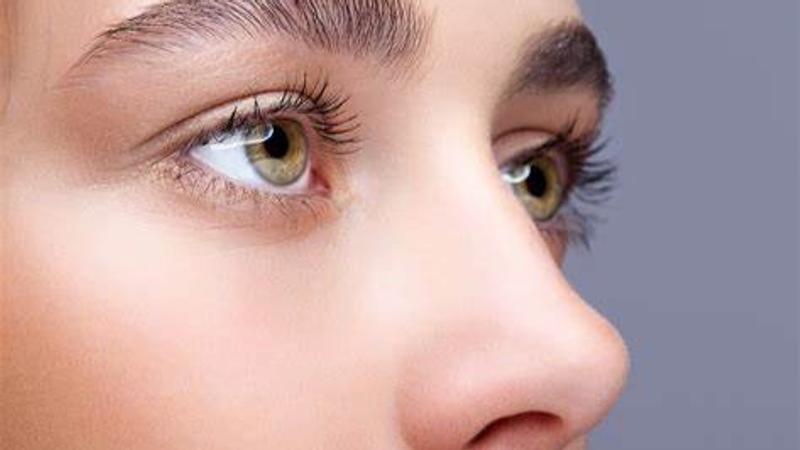Published 22:42 IST, September 2nd 2024
Nose Health Signs: What Your Nose Reveals About Disease?
Your nose, essential for breathing and smelling, serves as a health indicator. Subtle changes in your nose’s appearance can signal certain prevalent diseases.

Your nose, essential for breathing and smelling, also serves as a health indicator. Subtle changes in your nose’s appearance or function can signal underlying health issues that might otherwise go unnoticed.
Persistent congestion, unusual odours, or changes in the nose’s form might be clues to significant health problems. Paying attention to these signs can be crucial for early detection and treatment of various conditions.

Signs that are crucial for early detection of diseases
Research from ScienceAlert highlights that while your brain minimizes the nose’s interference with vision, it remains a valuable health indicator. The nose’s external appearance and internal health can reveal conditions affecting the skin and beyond.
Acne: Acne vulgaris commonly causes blackheads and whiteheads on the nose. Rosacea, another skin condition, results in redness and visible blood vessels on the nose and cheeks. In severe cases, rhinophyma may develop, reflecting broader medical concerns.

Wolf's Nose: Sarcoidosis, an inflammatory disease, can cause bluish or purplish rashes on cooler parts of the body, including the nose, where it is termed lupus pernio. Despite its name, this condition is distinct from lupus, an autoimmune disorder associated with a butterfly-shaped facial rash.
Trigeminal trophic syndrome: This rare condition arises from damage to the trigeminal nerve, which can lead to numbness or tingling around the nostrils. It may cause repetitive skin picking and ulcer formation, contrasting with dermatillomania, which stems from psychological triggers.
In summary, your nose can offer crucial hints about your overall health. Vigilance regarding its changes may help in early diagnosis and treatment of various health issues.
Updated 22:42 IST, September 2nd 2024



